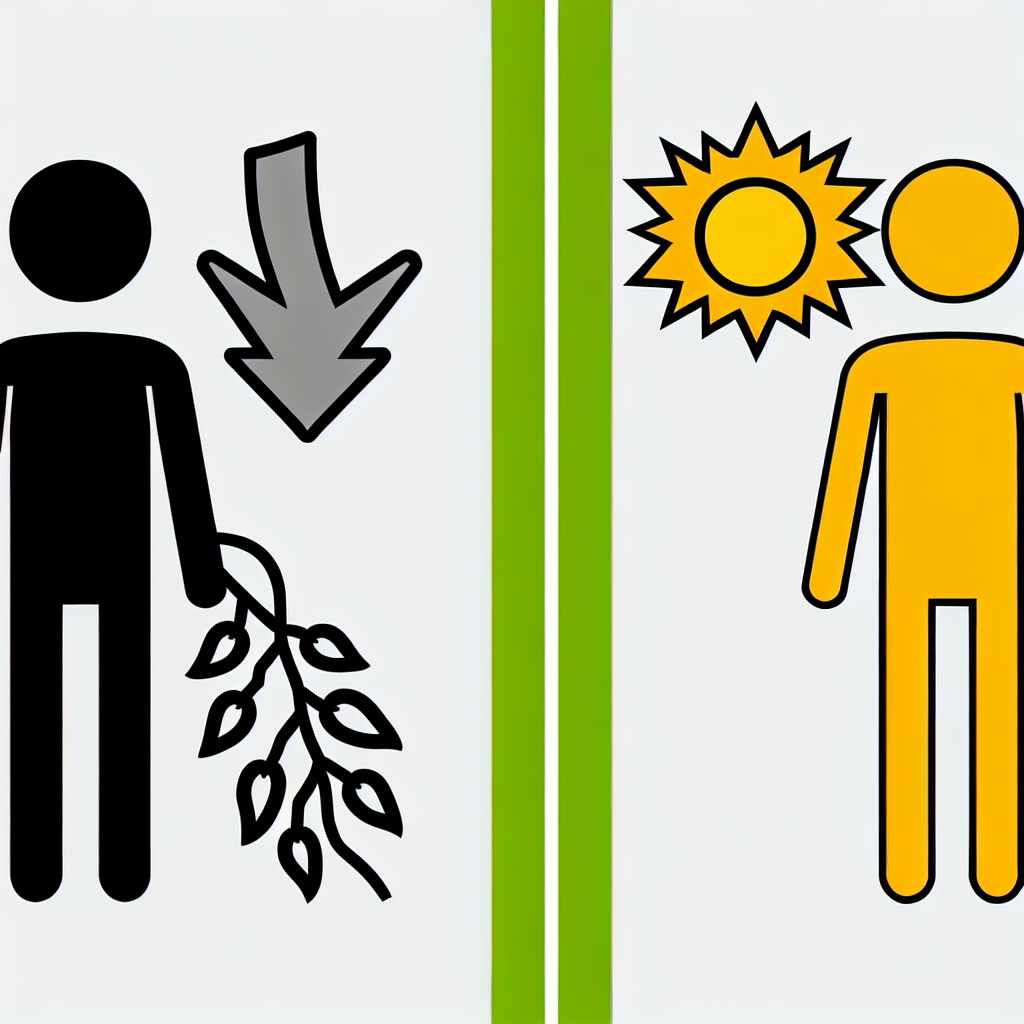Vitamin D, often referred to as the "sunshine vitamin," plays a fundamental role in maintaining bone health, immune function, and overall well-being. Yet, despite how essential it is, Vitamin D deficiency affects billions of people worldwide. Many individuals may be completely unaware of the risks they face due to insufficient levels of this crucial vitamin.
What causes such widespread deficiency? How does it harm our health? And more importantly, how can you prevent or address it? In this article, we’ll explore the causes, symptoms, diseases linked to Vitamin D deficiency, and practical tips to maintain healthy levels.
What Is Vitamin D, and Why Do We Need It?
Vitamin D isn’t your average nutrient. It acts like a hormone in the body, regulating calcium and phosphorus absorption to maintain strong bones and teeth. But its benefits go beyond that. From bolstering your immune system to aiding muscle recovery and supporting mental health, Vitamin D is at the core of many vital processes.
Sources of Vitamin D
Vitamin D can be obtained through:
- Sunlight Exposure: Your skin generates Vitamin D when exposed to UVB rays. Just 10–15 minutes of daily sunlight can cover most of your needs.
- Dietary Intake: Foods like salmon, mackerel, fortified milk, egg yolks, and UV-treated mushrooms are excellent sources.
- Supplements: Vitamin D supplements are available for those unable to meet the recommended intake through natural sources.
If your lifestyle limits sunlight exposure or dietary diversity, it’s worth considering options like fortified foods or consulting a healthcare provider about supplements.
Common Causes of Vitamin D Deficiency
Vitamin D deficiency doesn’t happen overnight—it’s typically the result of various lifestyle, environmental, and health factors. Understanding the causes is the first step toward addressing the issue.
1. Inadequate Sunlight Exposure
Modern life often keeps us indoors for long hours, drastically limiting sunlight exposure. Living in high-latitude regions or working indoors can exacerbate the problem. Similarly, while sunscreen protects the skin from harmful UV rays, excessive use can block Vitamin D production.
2. Poor Dietary Choices
Not everyone consumes Vitamin D-rich foods, either due to dietary restrictions or preferences. Vegans or vegetarians, in particular, may rely heavily on fortified plant-based products or supplements to meet their needs.
3. Health Conditions Affecting Absorption
Certain medical conditions can interfere with absorption. Disorders like Crohn’s disease, celiac disease, or kidney issues may reduce your body’s ability to process Vitamin D effectively.
4. High-Risk Populations
Some groups face a higher likelihood of deficiency, including:
- Older adults: Aging reduces the skin’s efficiency in generating Vitamin D.
- Darker-skinned individuals: Higher melanin levels naturally lower Vitamin D production.
- Pregnant and breastfeeding women: Increased nutrient demands for their babies heighten the risk.
Diseases Linked to Vitamin D Deficiency
The consequences of untreated Vitamin D deficiency aren’t limited to mild discomfort. Prolonged scarcity can lead to serious health conditions across multiple systems.
1. Bone-Related Disorders
Without sufficient Vitamin D, bones cannot absorb calcium effectively, leading to conditions like:
- Rickets: In children, this leads to soft, weakened, and deformed bones.
- Osteoporosis: In adults, brittle bones increase the risk of fractures and chronic pain.
2. Weakened Immune System
Vitamin D supports your immune system’s ability to fight infections. Deficiency can leave you vulnerable to frequent illness and autoimmune disorders like rheumatoid arthritis.
3. Heart Health Risks
Low Vitamin D levels may increase the likelihood of cardiovascular diseases like hypertension and heart disease, partially due to its influence on inflammation and vascular health.
4. Mental Health Challenges
Deficiency is linked to mood disorders such as depression, anxiety, and seasonal affective disorder (SAD). It’s no coincidence that Vitamin D is nicknamed the “sunshine vitamin.”
5. Chronic Conditions
Emerging research suggests that low Vitamin D levels may heighten the risk of chronic diseases such as cancer, Type 2 diabetes, and multiple sclerosis.
Symptoms of Vitamin D Deficiency
How can you tell if your Vitamin D levels are low? The symptoms can range from physical discomfort to mental strain:
- Fatigue: Persistent exhaustion that doesn’t improve with rest.
- Muscle Weakness and Bone Pain: Difficulty in everyday activities due to soreness or aches.
- Memory Issues and Mood Changes: Problems with concentration or prolonged feelings of sadness.
If these signs match your experience, consult a healthcare provider for testing and treatment.
How to Prevent and Treat Vitamin D Deficiency
Tackling Vitamin D deficiency is all about making healthier lifestyle choices. Here’s what you can do:
1. Add Vitamin D-Rich Foods to Your Diet
Incorporate foods like salmon, eggs, fortified milk, and mushrooms into your meals. For plant-based diets, fortified options can be excellent substitutes.
2. Spend More Time Outdoors
Natural sunlight is a powerful source of Vitamin D. Spend 10–15 minutes outside each day, ideally during early morning or late afternoon hours to avoid the risk of sunburn.
3. Consider Supplements
If sunlight and dietary adjustments aren’t feasible, Vitamin D supplements can help. However, always consult your doctor to determine the right dosage for your specific needs.
4. Monitor Your Levels
Regular check-ups and blood tests can assess your Vitamin D levels and help you stay on track. Early intervention prevents complications and ensures long-term health.
Conclusion: Don’t Underestimate the Power of Vitamin D
Vitamin D is vital to your health in more ways than one. From keeping your bones strong to boosting your immune system and balancing your mood, this sunshine vitamin has far-reaching benefits. Yet, deficiency is common—and often overlooked.
The good news? Preventing it is simple. Adjust your diet, get outside more often, or talk to your doctor about supplements and testing. Small steps can create significant changes in your overall well-being.
So why wait? Start prioritizing your Vitamin D intake today. Your body—and mood—will thank you.
